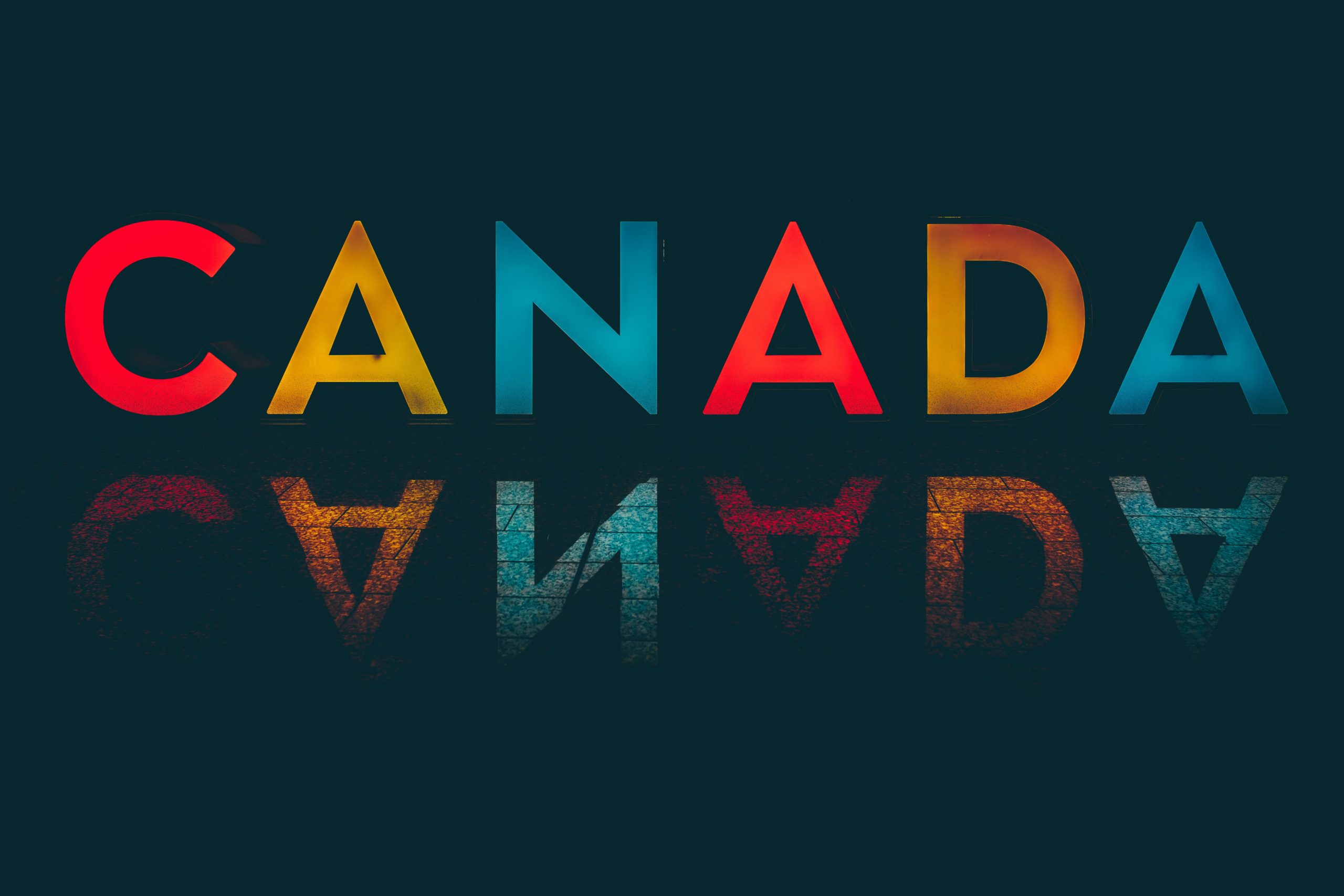There are more than 100 Canada immigration pathways which means that there are several that could cater to our 45+ seniors.
Express Entry
Surprisingly, many people believe that express entry is the only way to go to Canada if you are over 45 years old. Unfortunately, express entry favors younger educated immigrants.
The bad news is that as you grow older, you lose points for age.
The good news is that you can cover up for these lost points by scoring maximum points for other factors such as English and French proficiency, higher education level, getting a job offer in Canada, being nominated by a province through a PNP.
A candidate aged 20-29 gets 100 points towards CRS while a 45year old gets 0.
What's Covered in This Article
CRS Points by Age
The CRS offers up to 100 points for applicants with a spouse or common-law partner, and up to 110 points for applicants without a spouse or common-law partner as displayed in the table below.
| Age | Applicants that have a spouse or a common-law partner | Applicants without a spouse or a common-law partner |
| 17 years of age or younger | 0 | 0 |
| 18 years | 90 | 99 |
| 19 years | 95 | 105 |
| 20 to 29 years | 100 | 110 |
| 30 years | 95 | 105 |
| 31 years | 90 | 99 |
| 32 years | 85 | 94 |
| 33 years | 80 | 88 |
| 34 years | 75 | 83 |
| 35 years | 70 | 77 |
| 36 years | 65 | 72 |
| 37 years | 60 | 66 |
| 38 years | 55 | 61 |
| 39 years | 50 | 55 |
| 40 years | 45 | 50 |
| 41 years | 35 | 39 |
| 42 years | 25 | 28 |
| 43 years | 15 | 17 |
| 44 years | 5 | 6 |
| 45 years or older | 0 |
Two or more certificates, diplomas, or degrees earn you 119 points towards CRS. One must be for a program of three years or more.
Points for Education
Applicants can also receive points depending on their education level. These points are outlined below:
| Education Level | Applicants that have a spouse or a common-law partner | Applicants without a spouse or a common-law partner |
| High School or Less than secondary school | 0 | 0 |
| High school graduation | 28 | 30 |
| A one-year degree, or a diploma or certificate obtained from a university, college, technical or trade school, or any other similar institute | 84 | 90 |
| A two-year program studied at a university, college, technical or trade school, or another similar institute | 91 | 98 |
| A Bachelor’s degree OR a three or longer program at a university, college, technical or trade school, or another similar institute | 112 | 120 |
| Possessing two or more degrees, diplomas, or certificates. One of these must be awarded for a program that is three years or longer in length. | 119 | 128 |
| A Master’s degree, or a professional degree required to practice in a licensed occupation such as medicine or law. | 126 | 135 |
| A doctoral level university degree or Ph.D. | 140 | 150 |
A CLB score of 9 or higher can get you maximum points towards your CRS.
Points for Language
Applications receive points for their language proficiency in their first and second official language.
First Official Language
You can receive up to 32 points in this category with a spouse or a common-law partner and 34 points without either.
The points breakdown is as follows:
| Canadian Language Benchmark (CLB) Level score for each ability | Applicants that have a spouse or a common-law partner | Applicants without a spouse or a common-law partner |
| Less than CLB 4 | 0 | 0 |
| CLB 4 or 5 | 6 | 6 |
| CLB 6 | 8 | 9 |
| CLB 7 | 16 | 17 |
| CLB 8 | 22 | 23 |
| CLB 9 | 29 | 31 |
| CLB 10 or more | 32 | 34 |
Second Official Language
Applicants can also receive points for their proficiency in a second official language. The point breakdown is this category is as follows:
| Canadian Language Benchmark (CLB) level score for each ability | Applicants with a spouse or a common-law partner | Applicants without a spouse or a common-law partner |
| CLB 4 or less | 0 | 0 |
| CLB 5 or 6 | 1 | 1 |
| CLB 7 or 8 | 3 | 3 |
| CLB 9 or more | 6 |
Canadian work experience too earns you additional CRS points to a Maximum of 50 points for 3 or more years.
Apply to as many PNP programs as you are eligible for to increase your chances of getting an invitation to apply for Canada permanent residence.
If a province nominates you, and you already have an express entry profile adds 600 additional points to your CSR.
Keeping the above factors in mind increases your chances of being invited to apply for Canada PR and eventually immigrating to Canada as a candidate above 40 years.
So the catch with applying for Canadian PR at 45 years old or more through the latest Express Entry Draw you need to consider the above factors to maximise your score.
The latest express entry draw took place on July 6, 2022, offering 1,500 ITA to candidates with a cut-off score of 557.
Post graduate work permit (PGWP)
A post-graduation work permit (PGWP) may be valid anywhere between eight months and up to three years.
The length of your permit will depend on the length of the study program you completed in Canada. The permit won’t be longer than the length of your study program.
The Post-Graduation Work Permit Program (PGWPP) allows students who have graduated from eligible Canadian designated learning institutions (DLIs) to obtain an open work permit to gain valuable Canadian work experience.
Skilled Canadian work experience in National Occupational Classification (NOC) skill type 0 or skill level A or B that is gained through the PGWPP helps graduates qualify for permanent residence in Canada through the Canadian experience class within Express Entry.
You will have to find a Designated Learning Institution and to enroll in before you can apply for a study permit.
45+ year old candidates can consider the PGWP route as long as they can defend their intent (to the visa officer), for taking up a course at that mature age and intentions of returning to their home country upon completion of studies.
To IRCC you will have to prove you intent, that you can afford to study in Canada and have sufficient funding to cover your living expenses.
Additionally, if immigrating as a couple, one of the couple can enroll for studies while the other works under an open work permit and gain experience working in Canada. Once the student completes his/her studies, he can also apply for a PGWP.
Points in Additional Areas
Following are additional areas you can receive CRS points:
- 15 points if you have a sibling that is a citizen or permanent resident residing in Canada.
- 25 points if you score NCLC 7 or greater on each of the four French skills while scoring CLB 4 or less on their English. Also applicable if you did not take an English test.
- 50 points if you scored NCLC 7 or greater on each of the four French skills while scoring CLB 5 or higher in English.
- 15 points for completing a one or two year post-secondary education credential in Canada.
- 30 points for completing a three year or longer post-secondary education credential in Canada.
- 200 points for having employment in NOC 00 arranged.
- 50 points for having employment in NOC 0, A, or B arranged.
- 600 points for getting a nomination from a province or a territory.
Calculate Your CRS Score
Easily calculate your CRS score using IRCC’s Express Entry Calculator tool.




One thought on “Can I go to Canada on PR at the age of 45?”
Comments are closed.